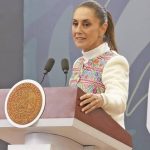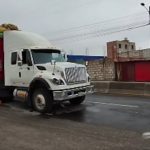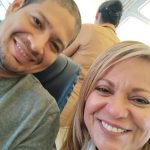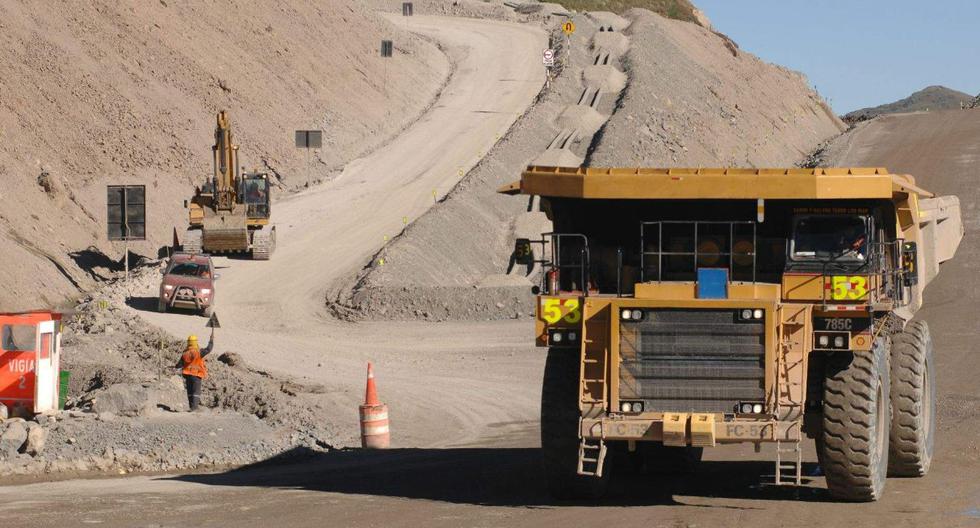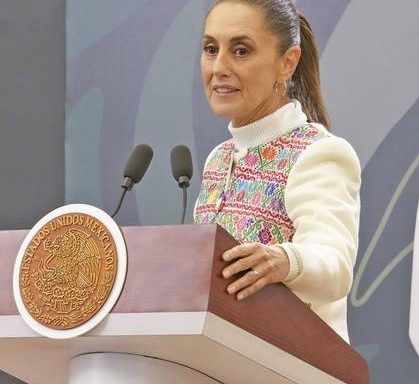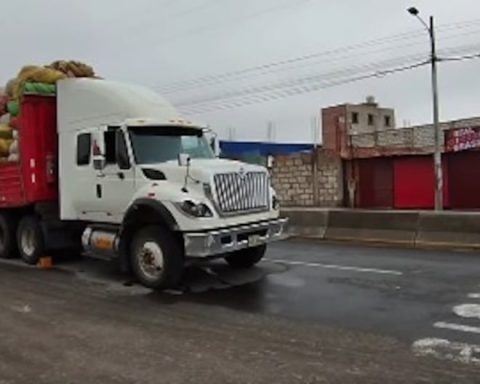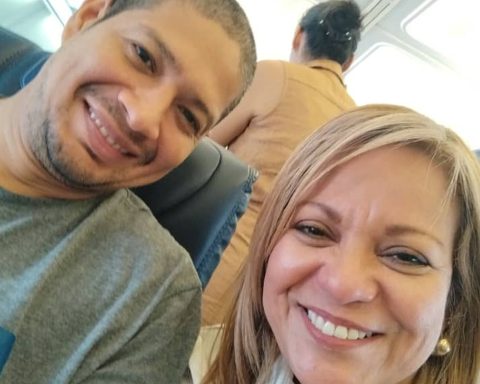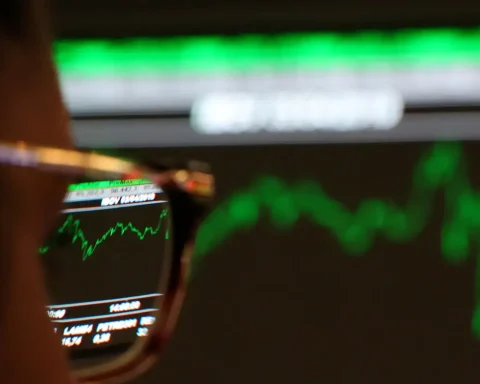The educator and member of Jóvenes Unidos por la Educación, Nivia Rossana Castrellón, analyzed this Tuesday the return to classes for the 2022 period, emphasizing that the future of Panama is not being decided either in the Presidency of the Republic, or in the ministries, nor in companies, but just in virtual or face-to-face classrooms across the country.
He affirmed that one of the great challenges faced as a country is that there is a direct association between years of schooling and income level, adding that those who are less fortunate and have fewer opportunities to enter an economy, precisely those who have less education.
In his opinion, the challenges of Panama have to be aimed at creating public policies, the room of schools in such a way that they are operational, not only in the physical part, but there must be a commitment on the part of human capital, “we are talking of parents, educators, managers, the Ministry of Education and us as a society ”.
Castrellón made it clear that another of the great challenges is that Panama left the schools very alone. “Society has to get involved and on the other hand, it is connectivity, which will allow that regardless of whether the classes are face-to-face or not, there is access to education. The other fundamental concept is leveling, since there have been situations of lag in Panama that have two stages: the first stage is the lag until 2019 before the crisis, but now we have a lag as a result of a reality, there was a different access to opportunities education, the use of printed modules, digital platforms ”, he declared.
He argued that it is vital to make a leveling based on formative diagnoses and diagnoses of the system itself where you can see where the lags are, and thus work to eliminate these gaps that have existed since 2019.

